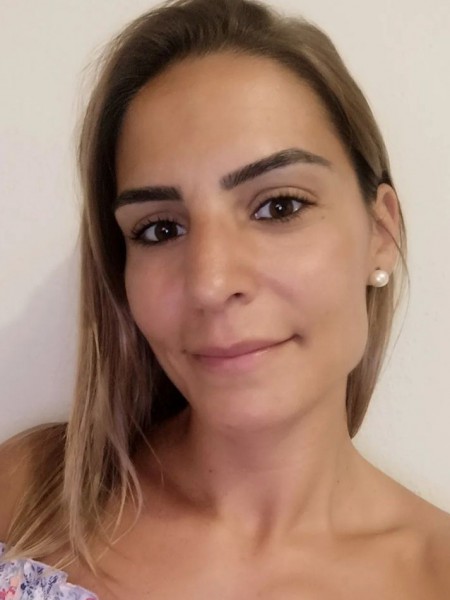resumo
Deep eutectic solvents (DES) present interesting properties, mostly connected to their solvation ability, and have been subject to much research in the recent past. Currently, the discovery of new eutectic solvents is accomplished by experimentally measuring the eutectic point of random systems, often using choline chloride as a hydrogen bond acceptor. In this work, the eutectic temperatures of new choline chloride-based eutectic systems were experimentally assessed. These data, along with other previously reported in the literature, were used to evaluate a method based on COSMO-RS to predict the eutectic temperature of choline-chloride based mixtures. The predictive methodology herein developed allows for the quick scanning of a large matrix of systems in order to identify those more promising to be in the liquid state at a given temperature. To validate this method, the eutectic temperature of pharmaceutical drug mixtures was predicted and, then, assessed experimentally, showing that COSMO-RS is useful in the design of liquid drug-based formulations. (C) 2019 Elsevier B.V. All rights reserved.
palavras-chave
SCREENING MODEL; CARBOXYLIC-ACIDS; SOLID-STATE; FUSION; SUBLIMATION; PREDICTION; SEPARATION; SYSTEMS; ENTHALPIES; SOLUBILITY
categoria
Thermodynamics; Chemistry; Engineering
autores
Abranches, DO; Larriba, M; Silva, LP; Melle-Franco, M; Palomar, JF; Pinho, SP; Coutinho, JAP
nossos autores
Grupos
G4 - Materiais Renováveis e Economia Circular
G6 - Materiais Virtuais e Inteligência Artificial
agradecimentos
This work was developed in the scope of the project CICECO - Aveiro Institute of Materials, POCI-01-0145-FEDER-007679 (Ref. FCT UID/CTM/50011/2013) and Associate Laboratory LSRE-LCM, POCI-01-0145-FEDER-006984 (Ref. FCT UID/EQU/50020/2013), and project MultiBiorefinery (POCI-01-0145-FEDER-016403), financed by national funds through the FCT/MEC and when appropriate co-financed by FEDDER under the PT2020 Partnership Agreement. FCT is also acknowledged for funding the project DeepBiorefinery (PTDC/AGRTEC/1191/2014). Marcos Larriba also thanks Ministerio de Eduacion, Cultura y Deporte of Spain for awarding him a Jose Castillejo postdoctoral mobility grant (CAS17/00018).





